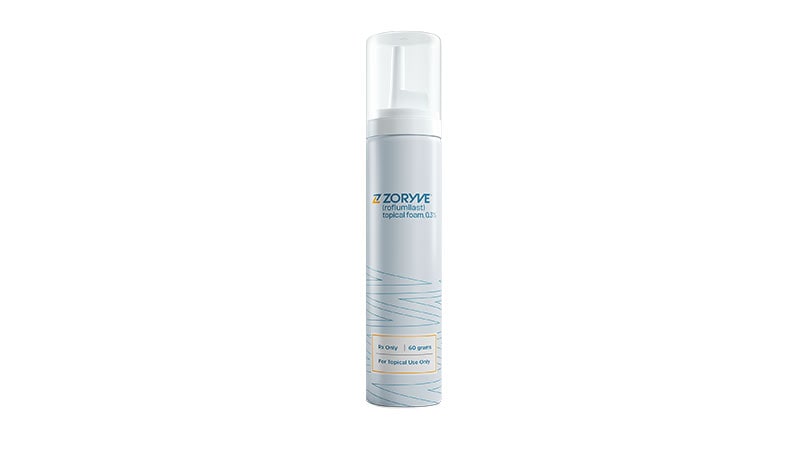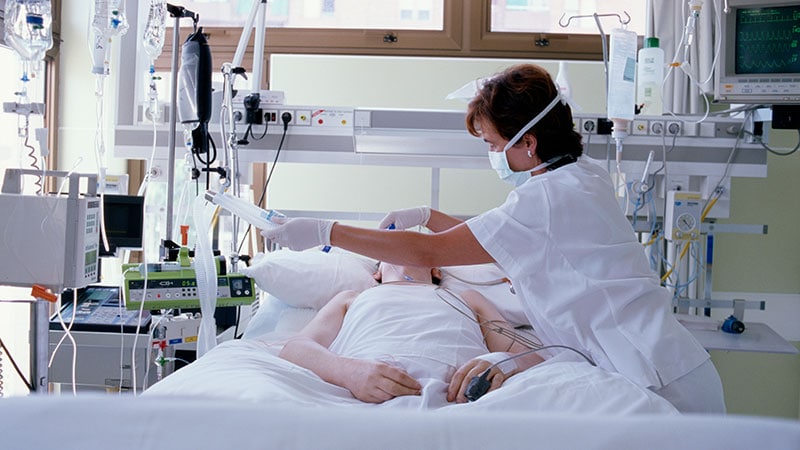FDA Approves First CAR T-Cell Therapy for rrCLL, rrSLL
The US Food and Drug Administration (FDA) has granted accelerated approval for lisocabtagene maraleucel (liso-cel) for the treatment of certain adults with relapsed or refractory chronic lymphocytic leukemia (CLL) or small lymphocytic lymphoma (SLL).
Specifically, the CD19-directed chimeric antigen receptor (CAR) T-cell product (Breyanzi) from Juno Therapeutics, a Bristol-Myers Squib company, is approved for adults with CLL or SLL who have received at least two prior lines of therapy, including a Bruton tyrosine kinase (BTK) inhibitor and a B-cell lymphoma 2 (BCL-2) inhibitor. It is the first CAR T-cell therapy approved in this setting.
"CLL and SLL are currently considered incurable diseases with few treatment options in the relapsed setting that can confer complete responses," lead trial investigator Tanya Siddiqi, MD, from City of Hope in Duarte, California, said in the press release.
The FDA's approval of liso-cel in this setting "is a remarkable breakthrough, shifting the treatment paradigm from continuous therapy with sequential regimens to overcome drug resistance, to a one-time personalized T-cell based approach that has the potential to offer patients complete and lasting remission," Siddiqi added.
Liso-cel was first approved in 2021 for relapsed or refractory large B-cell lymphoma, as reported at the time by Medscape Medical News.
Approval for the new CLL and SLL indication followed Priority Review and was based on findings from the pivotal TRANSCEND CLL 004 study, in which 20% of patients with CLL or SLL achieved a complete response after a one-time liso-cel infusion, according to a Bristol-Myers Squibb press release.
The 89 participants in the open-label, phase 1/2 study received a single dose of liso-cel containing 90-110 x 106CAR-positive viable T cells. The overall response rate was 45%, and median duration of response was 35.3 months. Among the 20% of patients achieving a complete response, the median duration of that response was not reached at the time of data cutoff.
Liso-cel had a tolerable safety profile. Cytokine release syndrome and neurologic events were mostly low grade. Cytokine release syndrome of any grade occurred in 83% of patients; 9% were grade 3, and none were grade 4 or 5.
Neurologic events of any grade occurred in 46% of patients, with grade 3 events occurring in 20% of patients; one grade 4 event and no grade 5 events occurred.
Sharon Worcester, MA, is an award-winning medical journalist based in Birmingham, Alabama, writing for Medscape, MDedge and other affiliate sites. She currently covers oncology, but she has also written on a variety of other medical specialties and healthcare topics. She can be reached at sworcester@mdedge.com or on Twitter: @SW_MedReporter.


 Admin_Adham
Admin_Adham


